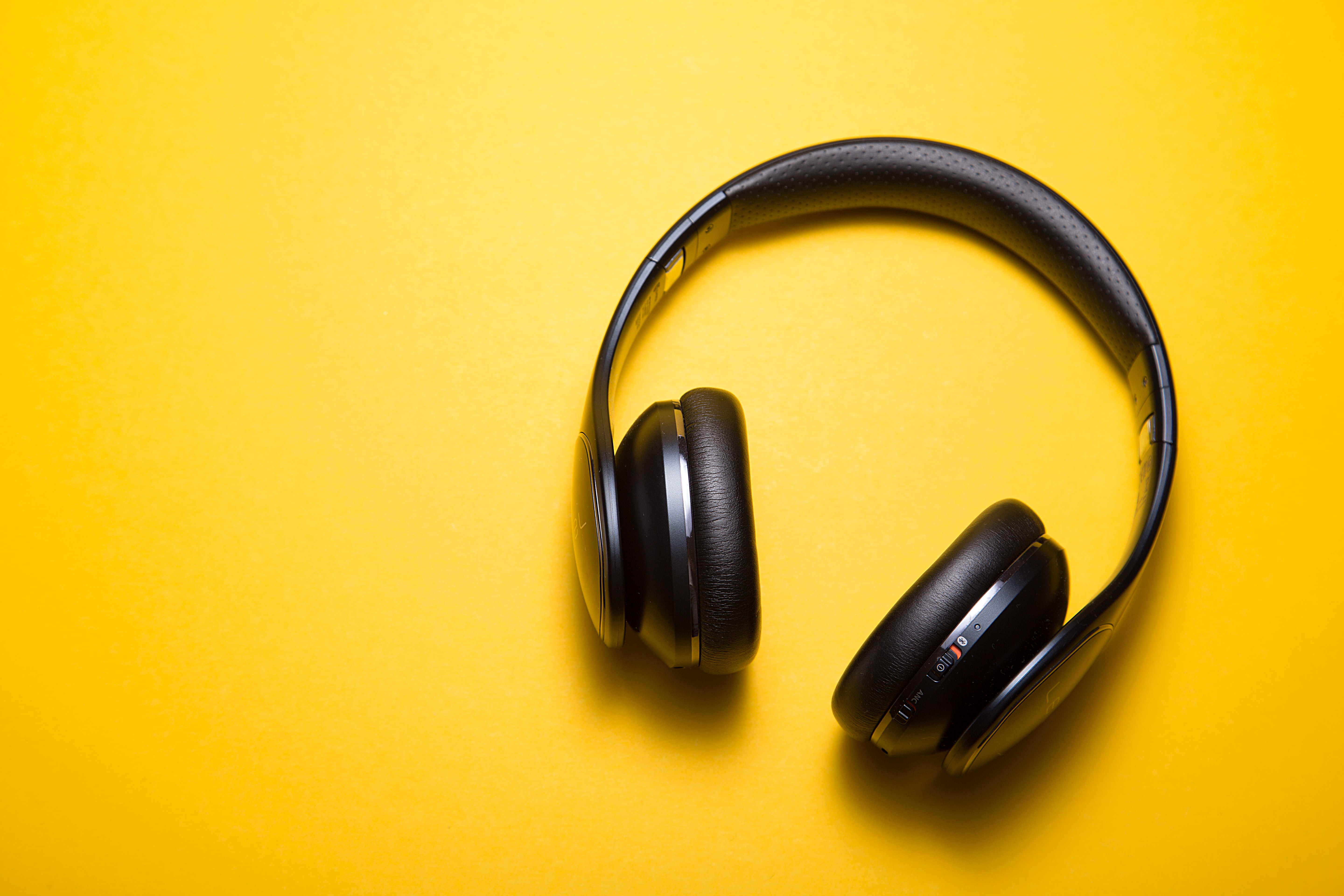Digital forms of research communication have always been important – but with Higher Education moving online in the past year, being creative with digital communication has become even more important. As part of our new suite of online resources, two of our graduates Dr. Tom Nicholas (Drama) and Dr. Debbie Kinsey (Medicine) have developed a course of Creative and digital research communication based on their own experience and expertise. We’re going to share some of these resources as part of a new blog post series, to get you thinking about the different digital formats you can use!
Planning a podcast!
One of the benefits of podcasts is how flexible they are – you can make something that really fits with your topic, audience, and style. But that also means it can be hard to know where to start! These questions will help to guide your thinking.
What will your podcast be about? Try to be as specific as possible. For example, rather than “my research” it could be “Experiences of PGR students during their degree” or “philosophical and theoretical ideas about X applied to current events”. If you’re not sure, write down your general idea and then write down all the different specific ways you could approach it.
Who will your audience be? Knowing who your audience is will help you to form the content of your podcast. For example, you might use very different language when talking about your research with another academic in the same field, than you would with someone outside of academic who has very little knowledge of your topic.
Describe your ideal listener in as much detail as possible – what are they interested in? What do they already know about your topic? What don’t they know? Are they academic or not academic? What else do they enjoy?
Considering what your podcast is about and who your audience is, what format might work best? Make notes about how your podcast might be different in different formats (e.g. interview, group chat, solo). How much technical language or academic terms would your audience understand? How long should the episodes be? And don’t forget to consider your personal style and preferences – what kind of podcast would you enjoy doing?
How often should your podcast episodes come out? Weekly, fortnightly, monthly? How long will each episode take to make (e.g. recording, editing, sourcing interviewees)? How much time do you really have to do all the work involved? What other commitments do you have?
You should now have a clearer idea of what your podcast is about, who you’re trying to reach, what format would work best, and what schedule might work for you. Try to summarise your thoughts as follows.
- My podcast is about:
- My ideal audience is:
- It will have this format:
- It will come out on this schedule:
These resources were developed by Dr. Debbie Kinsey, doctoral graduate of the School of Medicine.

